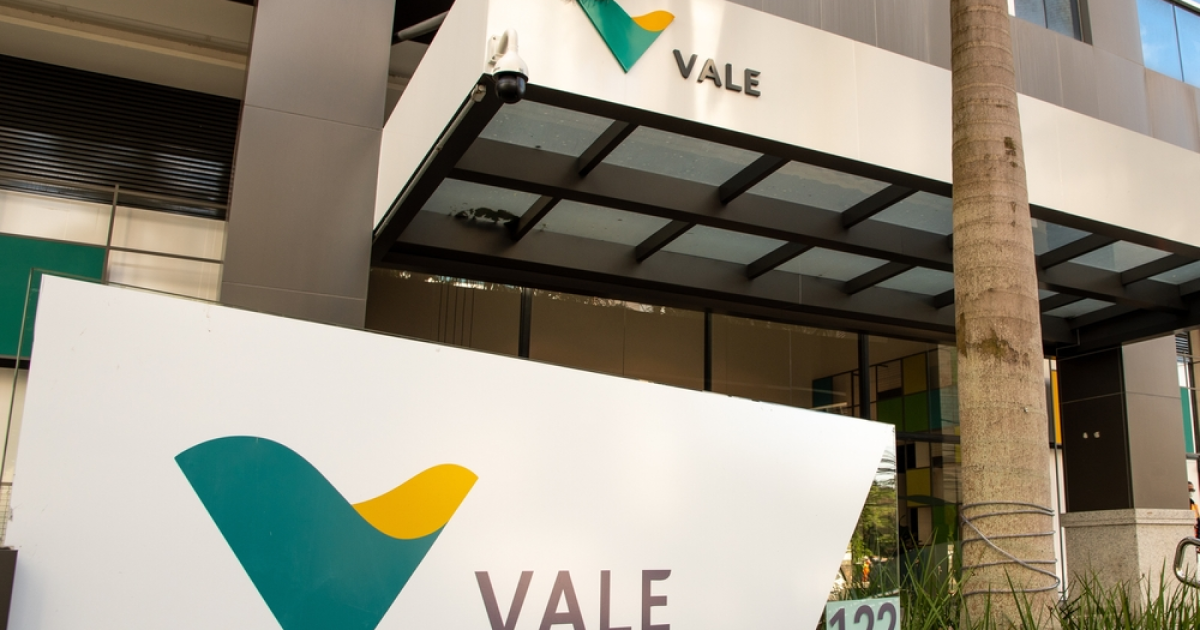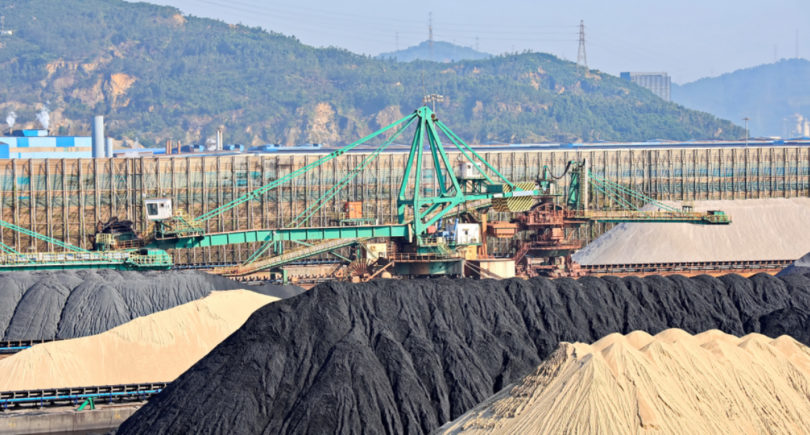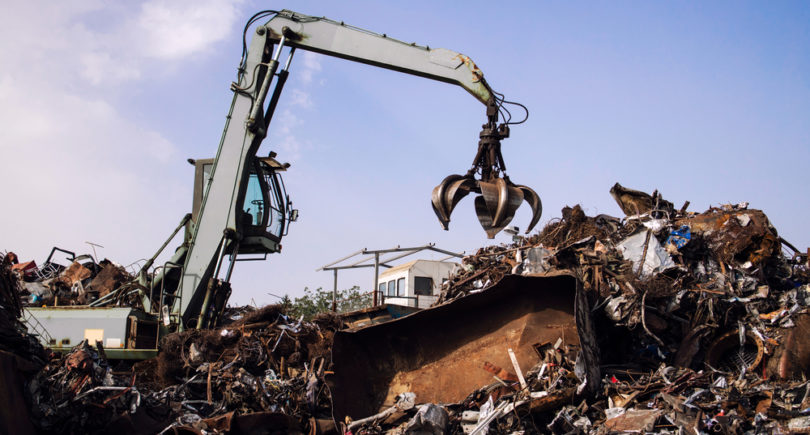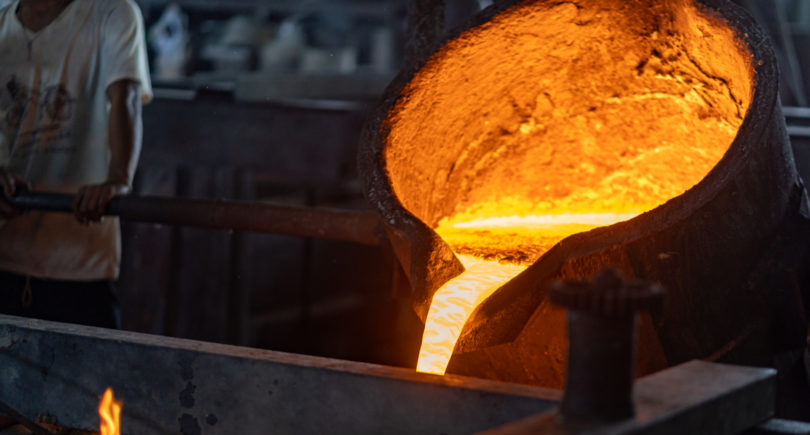
News Global Market Vale 2271 27 March 2024
The grant from the United States will amount to $282.9 million
The US Department of Energy has selected Vale USA (a subsidiary of the Brazilian mining company Vale) to begin negotiations on financing for the construction of an iron ore briquette plant worth up to $282.9 million. This is stated in a statement on the company’s website.
Vale’s project envisages the development of an innovative iron ore briquette manufacturing facility in the United States that uses a patented cold sintering process to produce direct reduced products.
Negotiations on the grant award are expected to take place in the middle of this year.
«The selection by the US GovernmentDepartment of Energy represents a critical path for the validation of Vale’s proprietary cold-agglomeration technology, and its potential to deliver a transformative solution to decarbonize the steel sector, and highlights Vale’s and Brazil’s leadership in the development of decarbonization solutions for the global steel industry,» the company said in a statement.
The miner will negotiate a contract for the project in the United States and plans to develop additional individual capacities in Brazil and globally to reach sinter production, including iron ore briquettes and pellets, of about 100 million tons per year by 2030.
US Department of Energy has announced $6 billion in federal funding to subsidize 33 industrial projects in 20 states to reduce carbon emissions. $1 billion is earmarked for two innovative green steel projects – up to $500 million each for Cleveland-Cliffs and SSAB.
As GMK Center reported earlier, at the end of last year, Vale opened the world’s first iron ore briquette plant at Tubarão in Brazil, and more than 30 global customers have already expressed interest in the product. A second plant will be commissioned in 2024. The total production capacity of the two facilities will be 6 million tons of briquettes per year, with an investment of $256 million. In 2024, the two Tubarão plants will produce about 2.5 million tons of products, with production gradually increasing until it reaches the announced targets.



